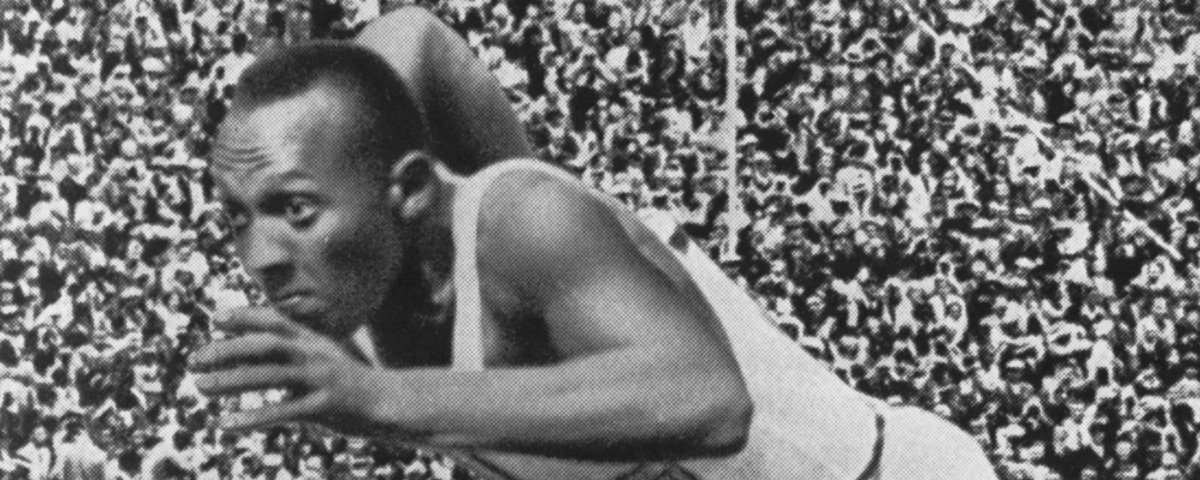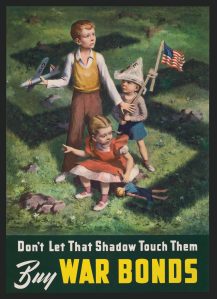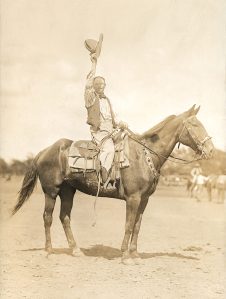In 1936, an unknown son of a black sharecropper sprinted his way from obscurity into legend.
Race, starring Selma’s Stephan James and SNL’s Jason Sudeikis, is based on the incredible true story of Jesse Owens, the African-American track and field star who won four gold medals in the 1936 Berlin Olympics despite Hitler’s efforts to showcase the supremacy of the Aryan race and the power of his totalitarian regime.
Jesse Owens was born James Cleveland Owens in Alabama in 1913. When he was 9 years old, his family joined 1.5 million African Americans on the Great Migration, leaving the segregated South in search of a better life in Ohio.
 Jesse had natural talent as a runner. At Ohio State University, he competed in Track and Field and broke 3 world records in 1935 at the Big Ten Conference in Ann Arbor, MI – a victory that gave him the confidence to compete in the 1936 Berlin Olympics. There, he broke three world records, tied another, and established himself as the most famous athlete of his time.
Jesse had natural talent as a runner. At Ohio State University, he competed in Track and Field and broke 3 world records in 1935 at the Big Ten Conference in Ann Arbor, MI – a victory that gave him the confidence to compete in the 1936 Berlin Olympics. There, he broke three world records, tied another, and established himself as the most famous athlete of his time.
The Race trailer is what we’d expect: dramatic music and gripping imagery as Jesse sprints his way to glory. Good triumphs over evil. The Hollywood sports movie formula draws to a tidy close.
But what really happened after Owens won?
After the 1936 Olympics were over, the US track and field team was scheduled to compete in Sweden. Owens, however, opted to return to the U.S. to make some money off his his hard-earned success.
But American society hadn’t changed. Even though Jesse Owens was a hero, he was still black.
First came the White House snub. Presidents typically met with Olympic athletes to congratulate them on their achievements, but FDR never extended an invitation.
“When I came back to my native country…I couldn’t ride in the front of the bus,” he said in a 1971 interview. “I had to go to the back door. I couldn’t live where I wanted. I wasn’t invited to shake hands with Hitler, but I wasn’t invited to the White House to shake hands with the president, either.”
To make matters worse, the US Olympic Committee was furious that Owens had returned home to capitalize on his success. They stripped him of his amateur status and banned him from further competitions. Unable to perform, Owens watched his commercial opportunities disappear.
“After I came home from the 1936 Olympics with my four medals,” Owens said, “it became increasingly apparent that everyone was going to slap me on the back, want to shake my hand or have me up to their suite. But no one was going to offer me a job.”
Owens did whatever he could to support his wife and three daughters. He started a dry cleaning business that quickly failed. He helped form an all-black basketball league. He landed a few jobs as an entertainer, racing against horses and cars for money.
“What was I supposed to do?” he said later. “I had four gold medals, but you can’t eat four gold medals.”
 Only three years after his Olympic victory, Owen’s declared bankruptcy.
Only three years after his Olympic victory, Owen’s declared bankruptcy.
Eventually Owens found a talent for PR and traveled the country giving inspirational lectures. He dedicated his time to helping young people foster develop an interest in leadership and sports. But he was never able to capitalize financially on his Olympic achievements.
“There was no television, no big advertising, no endorsements back then,” Owens said in a 1971 interview. “Not for a black man anyway.”
In 1976, Gerald Ford awarded Jesse Owens the Presidential Medal of Freedom, finally recognizing his achievements on a formal level.
Owens died 4 years later in Tuscon, Arizona, of lung cancer. He was just 66 years old.
Race opens in theaters Feb. 19th.





